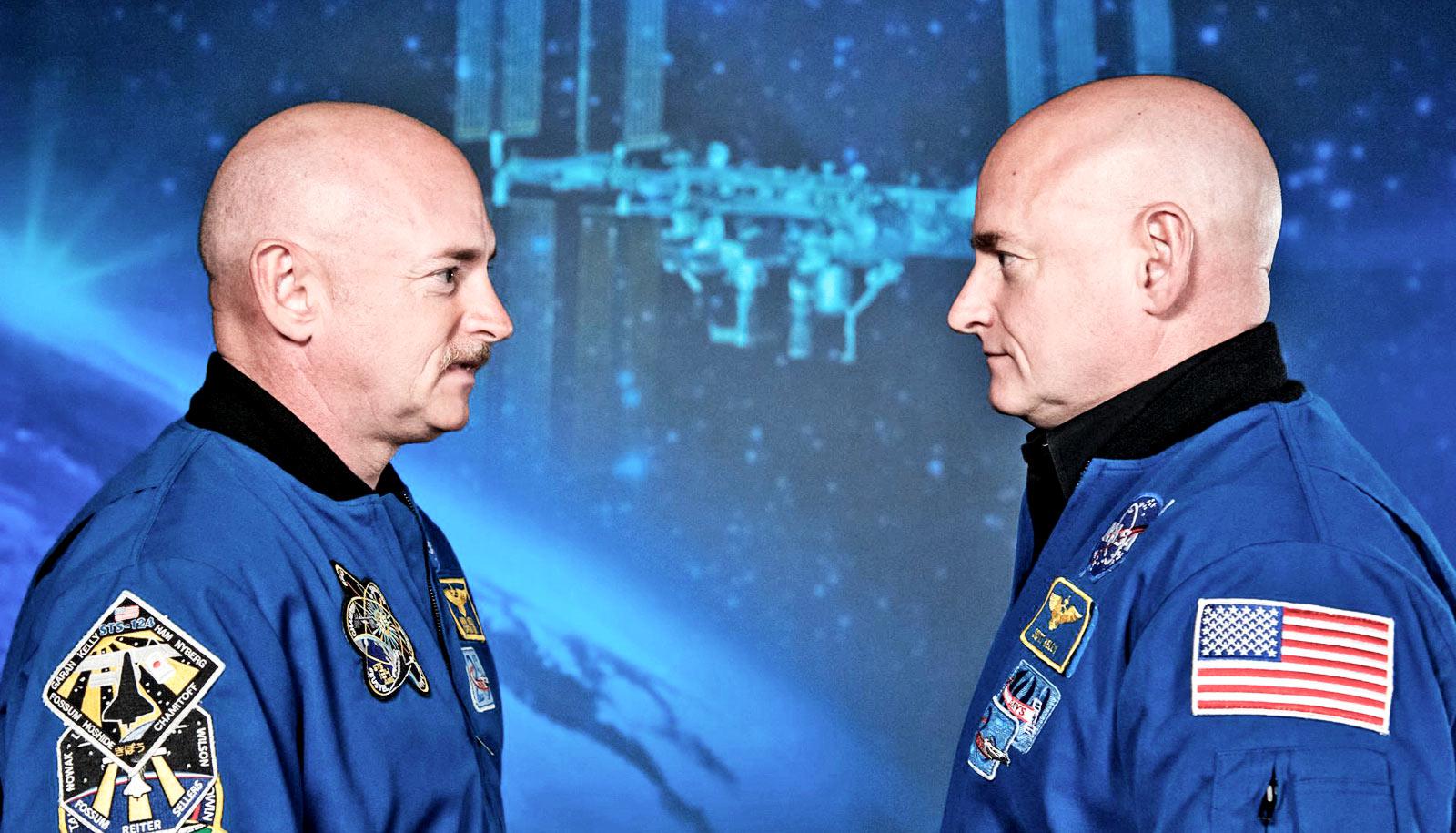Twin astronauts show how mitochondria handle space

Mitochondria, the body’s “cellular powerhouse” are remarkably resilient to the stress of space, according to the NASA Twins Study.
From March 2014 to March 2015, astronaut Scott Kelly spent 340 days on the International Space Station while his identical twin, former astronaut Mark Kelly, remained on Earth as part of a NASA and Russian Federal Space Agency study on the health effects of long-term space flight.
“In short, mitochondria are resilient to the blood-borne signals of space stress.”
Jamila Siamwala, an assistant professor (research) in Brown University’s molecular pharmacology, physiology and biotechnology department, led a small part of the massive, integrated Twins Study when she was a postdoctoral fellow at University of California, San Diego.
Siamwala, who is also affiliated with the Vascular Research Laboratory at Providence Veterans Affairs Medical Center, studied mitochondrial physiology, or how the “cellular powerhouse,” which produces the vast majority of chemical energy used by cells, functioned and responded to chemical signals of stress present in blood samples from the twins.
Her findings, which appear in Science, show that the chemical markers of microgravity stress did not affect mitochondrial function in muscle cells, though non-mitochondrial respiration was somewhat reduced in Scott, the space twin, compared to Mark Kelly.
Here, she shares insights on the study and her work.
The post Twin astronauts show how mitochondria handle space appeared first on Futurity.
